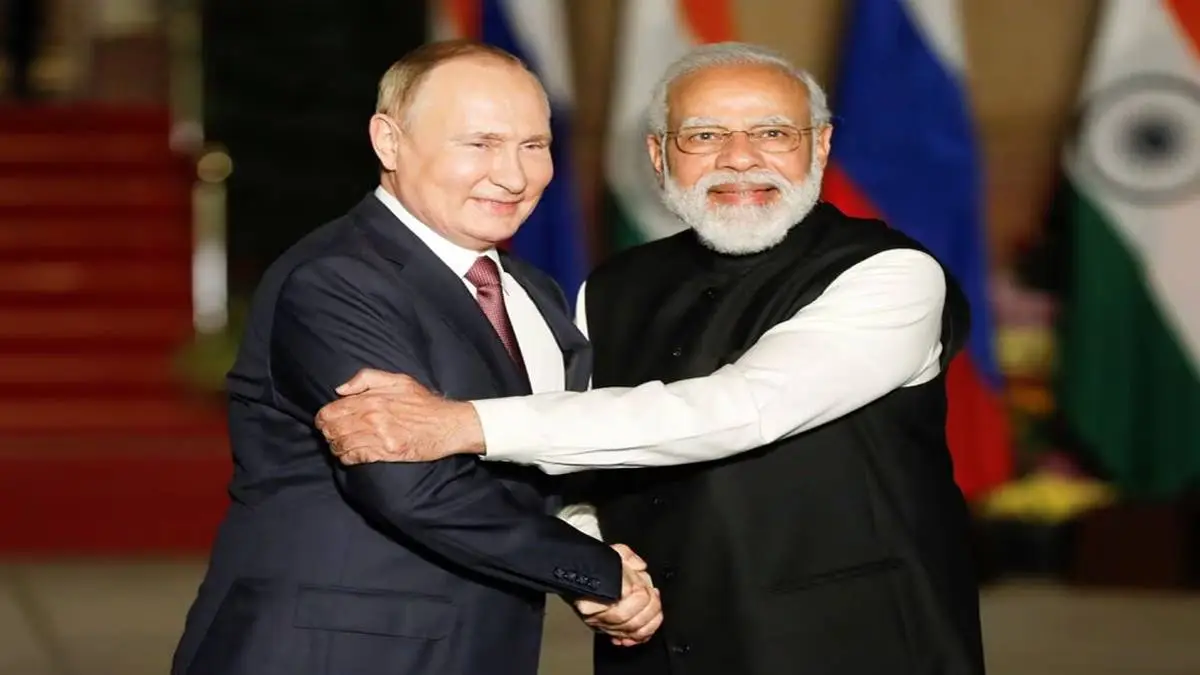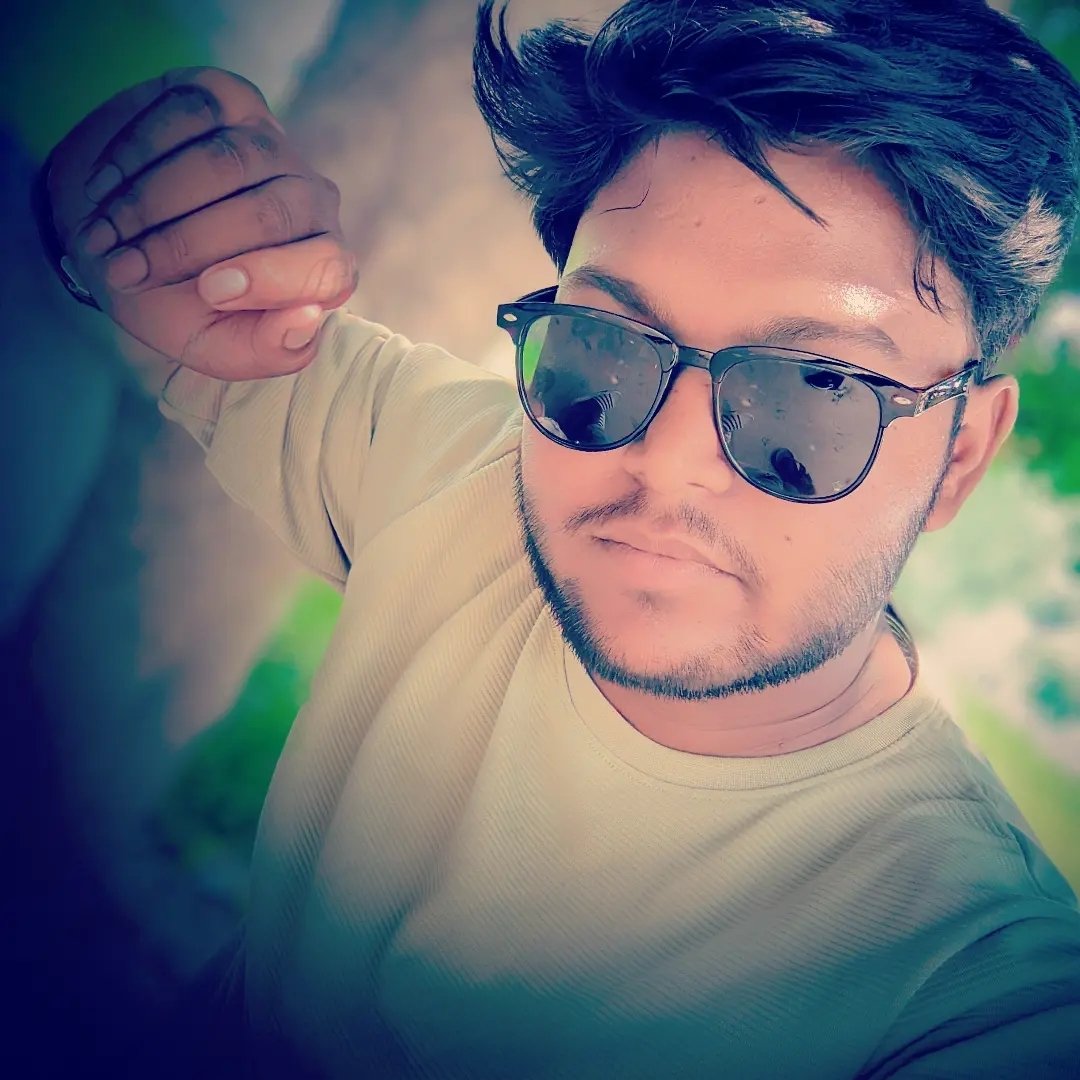Russian President Vladimir Putin: A Comprehensive Look at His Leadership and Legacy

Russian President Vladimir Putin: A Comprehensive Look at His Leadership and Legacy
Table of Contents
- Introduction
- Early Life and Political Career
- Rise to Power
- Putin’s Leadership Style and Policies
- Economic Reforms and International Relations
- Putin’s Role in Domestic Affairs
- Controversies and Criticisms
- Putin’s Popularity and Legacy
- Frequently Asked Questions
- FAQ 1: How long has Vladimir Putin been the President of Russia?
- FAQ 2: What is Vladimir Putin’s net worth?
- FAQ 3: Has Putin ever served in the military?
- FAQ 4: What are some of Putin’s notable achievements?
- FAQ 5: How has Putin handled the COVID-19 pandemic in Russia?
- Conclusion
1. Introduction
Vladimir Putin, the current President of Russia, is a prominent figure in global politics. His leadership style, policies, and impact on the international stage have sparked both admiration and controversy. In this article, we will delve into Putin’s early life, rise to power, his leadership style, notable achievements, controversies surrounding his tenure, and his overall legacy as the President of Russia.
Read: Narendra Modi Biography – The 14th Prime Minister of India
2. Early Life and Political Career
Born on October 7, 1952, in Leningrad (now Saint Petersburg), Vladimir Putin grew up in a working-class family. He showed early promise in academics and sports, particularly in judo. Putin pursued his education at Leningrad State University, where he studied law and joined the Communist Party.
After graduating, Putin began his career in the Soviet Union’s security agency, the KGB. He worked in various roles, including intelligence and counterintelligence, eventually rising to the rank of lieutenant colonel. When the Soviet Union dissolved in 1991, Putin transitioned into politics and served as the mayor of Saint Petersburg from 1991 to 1996.
3. Rise to Power
In 1999, Vladimir Putin entered national politics and was appointed as the Prime Minister of Russia by President Boris Yeltsin. Later that year, Yeltsin unexpectedly resigned, making Putin the acting President. Putin’s decisive leadership and ability to stabilize the country during a time of economic and political turmoil garnered support from the Russian public.

In 2000, Putin was elected as the President of Russia and began implementing a series of reforms aimed at improving the country’s economy and strengthening its international standing. His leadership style emphasized a strong central government and a pragmatic approach to foreign relations.
4. Putin’s Leadership Style and Policies
Vladimir Putin’s leadership style can be described as authoritative and pragmatic. He has prioritized national security, economic stability, and the preservation of Russia’s sovereignty. Under his leadership, Russia has pursued an assertive foreign policy, challenging the influence of Western powers and asserting itself as a major player on the global stage.
Putin’s policies have focused on diversifying Russia’s economy, reducing dependence on natural resources, and fostering innovation. He has implemented economic reforms, such as tax cuts and initiatives to attract foreign investment, with the goal of modernizing and strengthening Russia’s economy.
5. Economic Reforms and International Relations
During Putin’s presidency, Russia experienced significant economic growth, fueled by high oil prices and reforms aimed at improving the business climate. The country’s GDP increased, and living standards improved for many Russians. However, critics argue that this growth has been unevenly distributed, leading to a widening wealth gap and socioeconomic disparities.
Read: Silvio Berlusconi Biography: A Life in Politics
In terms of international relations, Putin has pursued a policy of asserting Russian interests and challenging the dominance of Western powers. This has led to tensions with the United States and Europe, particularly over issues such as Ukraine, Syria, and alleged interference in foreign elections. Putin’s assertive stance has drawn both praise and criticism from various quarters.
6. Putin’s Role in Domestic Affairs
As President, Vladimir Putin has played a significant role in shaping domestic affairs in Russia. He has emphasized the importance of a strong central government and has taken measures to consolidate power. Critics argue that these measures have limited political freedoms and stifled dissent.
Under Putin’s leadership, there have been concerns about the state of democracy and human rights in Russia. Media freedom has been curtailed, and opposition figures have faced restrictions and persecution. These actions have drawn criticism from human rights organizations and some Western governments.
7. Controversies and Criticisms
Throughout his tenure, Vladimir Putin has faced numerous controversies and criticisms. These include allegations of corruption within the Russian government, limitations on political freedoms, and accusations of human rights abuses. The annexation of Crimea in 2014 and Russia’s involvement in the conflict in eastern Ukraine have also been highly contentious issues.
Furthermore, there have been allegations of Russian interference in foreign elections, particularly in the United States and European countries. These allegations have strained Russia’s relations with the West and have led to the imposition of economic sanctions on Russia.

8. Putin’s Popularity and Legacy
Despite controversies and criticisms, Vladimir Putin has maintained a significant level of popularity within Russia. Many Russians view him as a strong leader who has restored stability and national pride. His popularity is often attributed to his ability to improve living standards, assert Russia’s interests on the global stage, and cultivate a sense of national identity.
As Putin’s presidency nears its end, discussions about his legacy are underway. Some argue that his tenure has brought stability and economic growth to Russia, while others criticize his approach to democracy and human rights. Ultimately, the assessment of Putin’s legacy will depend on one’s perspective and values.
9. Frequently Asked Questions
FAQ 1: How long has Vladimir Putin been the President of Russia?
Vladimir Putin has been the President of Russia since 2000. He served two consecutive terms from 2000 to 2008, then became the Prime Minister from 2008 to 2012, and returned as President in 2012. He has been reelected for subsequent terms, and his current term is set to end in 2024.
FAQ 2: What is Vladimir Putin’s net worth?
The exact net worth of Vladimir Putin is uncertain and subject to speculation. Various estimates have been made, but due to the secretive nature of his finances, an accurate figure is difficult to ascertain. Some estimates suggest his net worth to be in the billions, primarily attributed to his alleged ownership of assets and control over certain sectors of the Russian economy.
FAQ 3: Has Putin ever served in the military?
Yes, Vladimir Putin served in the military. He joined the Soviet Union’s security agency, the KGB, in 1975 and worked as an intelligence officer and later in counterintelligence. He achieved the rank of lieutenant colonel before transitioning into politics.
FAQ 4: What are some of Putin’s notable achievements?
Putin’s notable achievements include overseeing significant economic growth in Russia, particularly during his early years in office when high oil prices contributed to the country’s prosperity. He has also reasserted Russia’s position as a global power, challenging Western dominance and playing a crucial role in international affairs.
FAQ 5: How has Putin handled the COVID-19 pandemic in Russia?
Vladimir Putin has faced criticism for his handling of the COVID-19 pandemic in Russia. The country experienced a significant number of cases and struggled with the initial response. However, the Russian government implemented measures to control the spread of the virus, including lockdowns and vaccination campaigns.
10. Conclusion
Vladimir Putin has been a dominant figure in Russian politics for over two decades. His leadership style, policies, and impact on both domestic and international affairs have shaped Russia’s trajectory and sparked widespread debate. While his tenure has been marked by controversies and criticisms, Putin’s popularity within Russia remains significant. As his presidency nears its end, discussions about his legacy will continue, and the assessment of his impact will vary depending on individual perspectives.

Shubham Bhardwaj, a digital creator and blogger, navigates the dynamic world of new media with passion and creativity. By understanding his audience, embracing diverse multimedia formats, and building authentic connections, he thrives in the ever-evolving digital landscape. Follow his journey for insights and inspiration in the digital realm.

